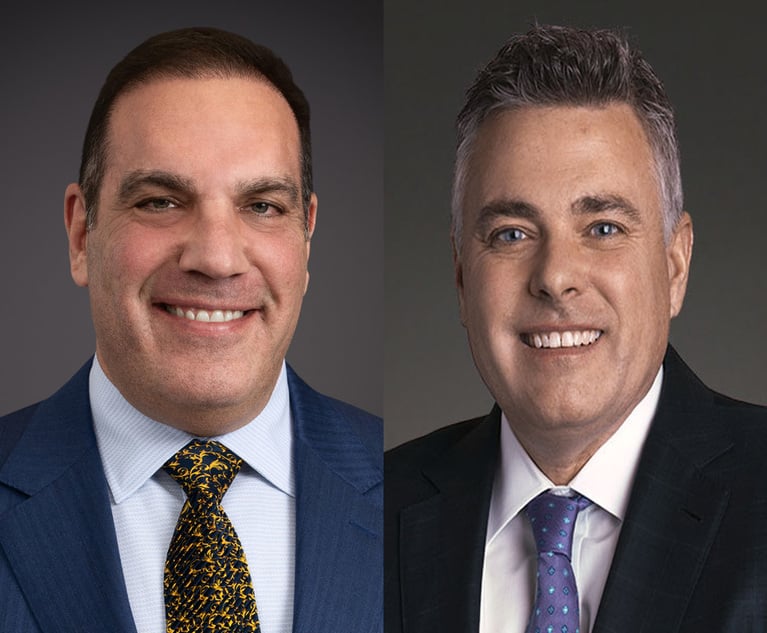After 17 years, an estate has not been settled, and continues to go down the path of further litigation due to an alleged breach of fiduciary duty by a trustee.
The Connecticut Supreme Court was faced with the issue of whether a trustee of an inter vivos trust, a trust created during the life of the settlor, who is a residuary beneficiary of the estate, is required to protect and collect assets not yet transferred to the trust, the opinion said.
This content has been archived. It is available through our partners, LexisNexis® and Bloomberg Law.
To view this content, please continue to their sites.
Not a Lexis Subscriber?
Subscribe Now
Not a Bloomberg Law Subscriber?
Subscribe Now
LexisNexis® and Bloomberg Law are third party online distributors of the broad collection of current and archived versions of ALM's legal news publications. LexisNexis® and Bloomberg Law customers are able to access and use ALM's content, including content from the National Law Journal, The American Lawyer, Legaltech News, The New York Law Journal, and Corporate Counsel, as well as other sources of legal information.
For questions call 1-877-256-2472 or contact us at [email protected]


 Credit: zimmytws/Adobe Stock
Credit: zimmytws/Adobe Stock





